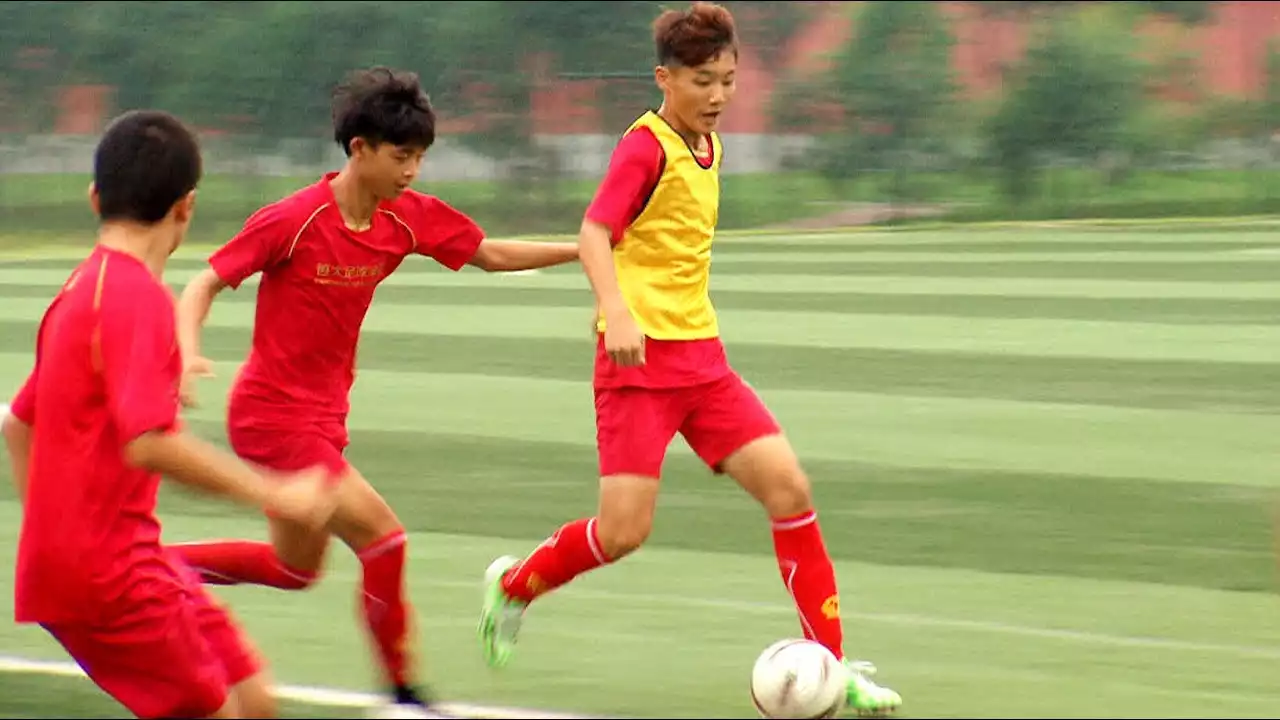China's Historical Performance in the AFC Asia Cup
China's performance in the AFC Asia Cup has been a mixed bag. While they have made appearances in the tournament since its inception in 1956, they have not been able to achieve significant success. China's best performance came in 2004 when they reached the final, only to lose to Japan. Since then, they have failed to progress past the quarterfinals. This inconsistency has left fans and pundits puzzled, wondering why a nation with such potential has struggled to make an impact on the continental stage.
Factors Contributing to China's Struggles in the Tournament
Lack of Investment in Youth Development
One of the key factors contributing to China's struggles in the AFC Asia Cup is the lack of investment in youth development. While China has made significant strides in developing its domestic league and attracting foreign talent, the focus on immediate success has often come at the expense of nurturing local talent for the national team. Without a strong foundation of young, talented players, it becomes challenging to build a competitive team capable of competing with the best in Asia.
Inconsistent Coaching and Managerial Changes
Another factor that has hindered China's progress in the AFC Asia Cup is the frequent changes in coaching and managerial staff. The lack of stability and continuity in leadership has had a detrimental impact on the team's performance and cohesion. Coaches and managers need time to implement their strategies, develop player chemistry, and build a winning culture. The constant turnover in personnel disrupts this process and prevents the team from reaching its full potential.
Weaknesses in the Chinese National Team
China's struggles in the AFC Asia Cup can also be attributed to weaknesses within the national team itself. While they have had talented players throughout the years, the team has often lacked the necessary depth and consistency to compete against stronger opponents. In particular, China has faced challenges in both scoring goals and maintaining a solid defensive line. This imbalance makes it difficult to secure crucial victories against well-rounded teams in the tournament.
Comparisons with Other Asian Football Powerhouses
To gain a better understanding of China's struggles in the AFC Asia Cup, it is essential to compare their performance with other Asian football powerhouses. Countries like Japan, South Korea, and Saudi Arabia have consistently performed well in international football and have established themselves as formidable opponents. These nations have invested heavily in youth development, coaching infrastructure, and tactical strategies, which has allowed them to dominate the Asian football scene. China, on the other hand, has not been able to match their level of success due to the aforementioned factors.
Steps China Can Take to Improve Their Performance
In order to improve their performance in future AFC Asia Cup tournaments, China needs to take several steps:
1. Investment in Youth Development
China must prioritize the development of young talent at the grassroots level. This includes investing in youth academies, scouting networks, and coaching programs. By nurturing local talent from a young age, China can build a strong foundation for the national team and ensure a steady supply of talented players for future tournaments.
2. Stability in Coaching and Management
It is crucial for China to provide stability in coaching and management positions. By allowing coaches and managers to implement their long-term strategies, the team can develop a consistent style of play, improve player chemistry, and build a winning culture. This stability will also help in the identification and development of future stars.
3. Tactical Adaptation
China must adapt its tactical approach to be more balanced and versatile. While defensive strategies can be effective, a team also needs to have a strong attacking presence to score goals and secure victories. Chinese coaches should focus on developing offensive tactics that complement the defensive strengths of the team, creating a well-rounded and competitive squad.
Potential Impact on Chinese Football's Overall Development
Improving China's performance in the AFC Asia Cup can have a significant impact on the overall development of Chinese football. Success in international tournaments raises the profile of the sport, attracts more investment, and inspires young players to pursue football as a career. It also creates a positive feedback loop, where improved domestic leagues and academies lead to further success on the international stage. By addressing the challenges faced in the AFC Asia Cup, China can drive the growth and development of football in the country.
China's struggles in the AFC Asia Cup can be attributed to several factors, including the fierce competition within the Asian continent, the lack of investment in youth development, inconsistent coaching and managerial changes, and weaknesses within the national team. By analyzing these factors and taking steps to address them, China can improve its performance in future tournaments and contribute to the growth of football in the country. With a comprehensive strategy that focuses on both strategic and developmental aspects of the game, China has the potential to become a force to be reckoned with in the AFC Asia Cup.









